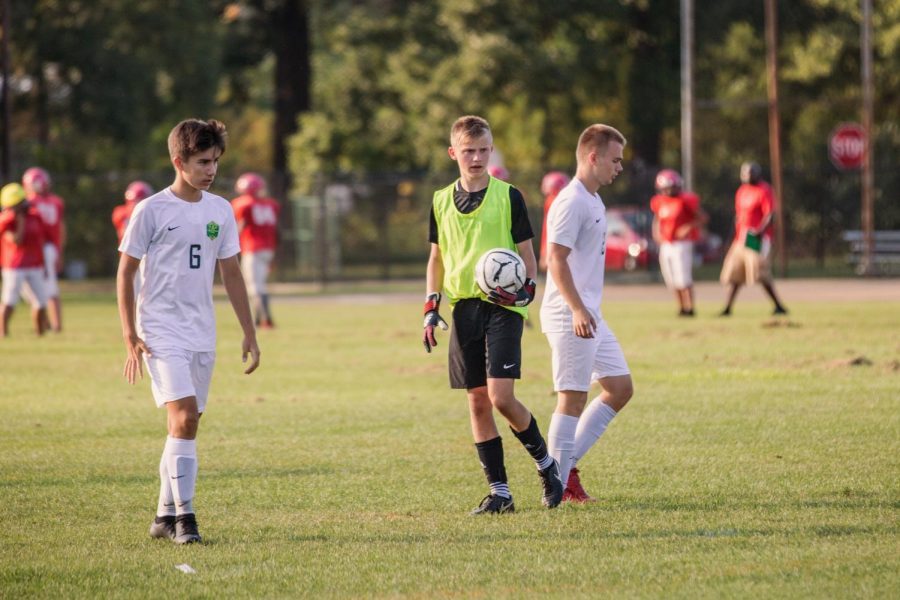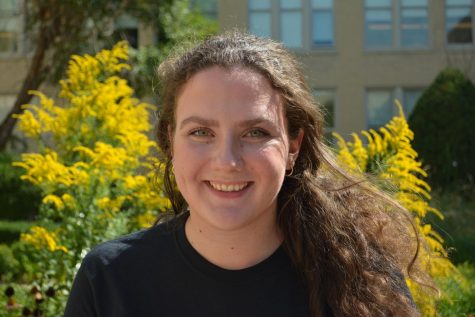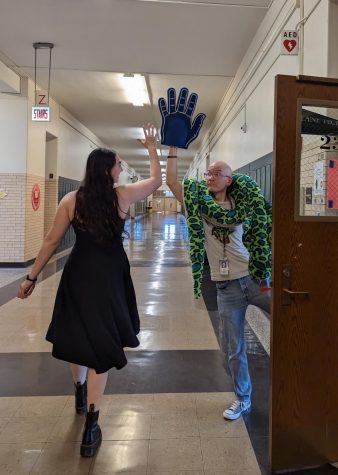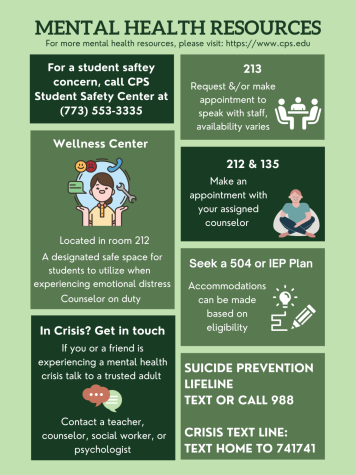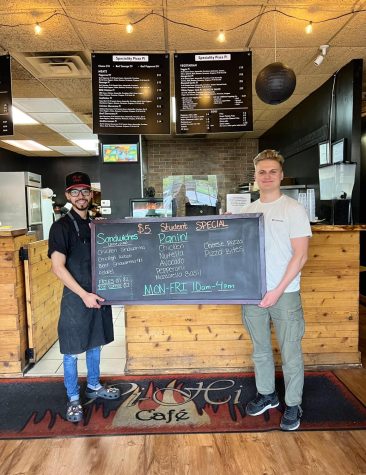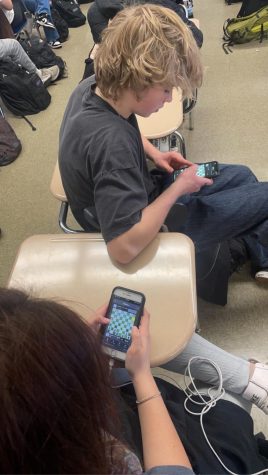Seeing double: The twin population at Lane
Jacob Bozek, Div. 080, and his twin Matthew Bozek, Div. 081, playing soccer together for the Lane soccer team. (Photo courtesy of Jacob Bozek)
June 3, 2019
Growing up, being an identical twin was fun for Bonnie Kennedy. Dressing up in the same outfits and confusing family members and classmates was one of her fondest memories from her childhood.
“My sister and I went to a really small school, so no one really made a big deal because everyone knew,” Kennedy, Div. 090, said. “We were referred to as “the twins.” It was fun. We would dress up alike, our grandparents liked us to dress up alike. It was fun to trick people and play games with that.”
In 2009, approximately 1 out of every 30 people born was a twin, compared to 1 out of every 53 in 1980. This increase is linked to the more common use of in-vitro fertilization and ovulation stimulation medications, according to a study conducted by the Centers for Disease Control (CDC).
According to Aryeh Silver, Div. 068, going to the same high school was never a dealbreaker for him and his twin, Eitan Silver. It boiled down to the results of the selective enrollment exam that decided where they would go, according to Silver.
“Lane was my first choice but [Eitan] wanted to go to Whitney,” Silver said. “He had gotten above the cut-off but it was the tiebreaker thing that they do sometimes at selective enrollment schools where half who got above get in and the other half gets rejected.”
Jacob Bozek, Div. 080, twin to Matthew Bozek, said that going to Lane has made his bond closer with his twin brother.
According to Bozek, he and his twin have played on the same soccer team since they were six years old, and going to Lane has not stopped them from doing all of the same things together.
“We still do everything together,” Bozek said. “We sleep in the same room, we eat breakfast together, drive to school together, take the same classes. All same friend group, everything.”
Aryeh Silver said that there is some competition between him and his twin, but in the end they focus on one another’s well-being over everything else.
“On the first day of school, our first period was Arabic class and we sat next to each other,” Silver said. “I remember one night at the beginning of freshman year I helped him learn Arabic words and we stayed up all night studying for a quiz that never even happened.”
Bonnie Kennedy, twin to Anne Kennedy, said that while there is some competition due to going to the same high school, it is for the most part amicable.
“It’s friendly,” Kennedy said. “For scores, it is fun to see what the other got. We get similar grades so it’s not like there is a drastic change in scores. We test similarly. It’s cool to see a one point difference.”
According to Bozek, being a twin means that he always has someone with him at all times to help get things done — there are no negative aspects he can think of regarding having a twin.
“You have someone there for you all of the time, helping you with homework and other things,” Bozek said. “All positives.”
Although there are many advantages to being a twin, Silver said that there are also drawbacks. According to Silver, he and his twin have a difficult time distinguishing between home and school because they spend all day together.
“I feel that there is an issue with boundaries — being able to seperate home life with school life,” Silver said. “Being able to know each other’s space and when we get annoyed with each other or when the other needs help. ‘Who has to do the dishes this time?’ or ‘who has to do this?’ It gets frustrating.”
According to Kennedy, being a twin is fun and has many advantages. However, because they are identical twins, Kennedy said that she wishes people would recognize them as their own people as opposed to constantly being tied together.
“I think that the benefits outweigh the drawbacks but I do get annoyed when people don’t acknowledge us as individuals,” Kennedy said. “We are two different people.”

